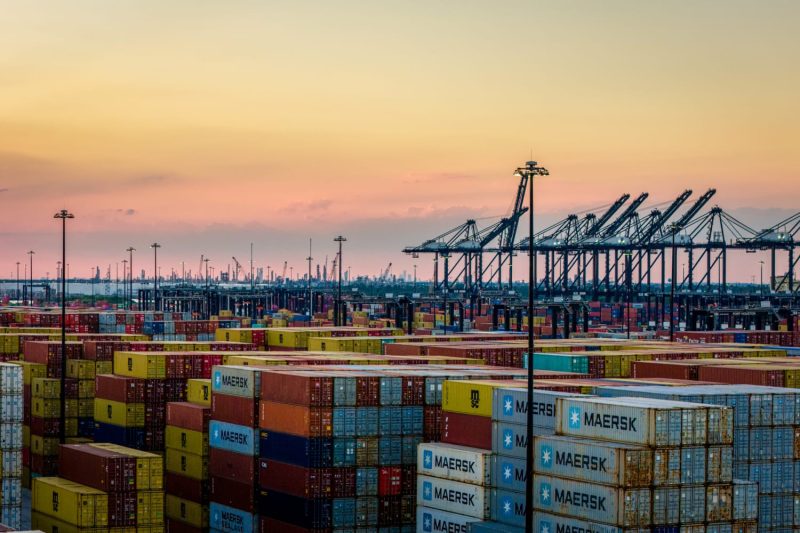The recent surge in labor disputes within the maritime industry poses a significant threat to ports along the East Coast of the United States. The potential for a major maritime strike is causing alarm among stakeholders and could have far-reaching consequences for both local and national economies.
Labor unions representing dockworkers have been locked in tense negotiations with port operators over key issues such as wages, working conditions, and job security. As the negotiations stall and tensions escalate, there is a growing possibility of a full-blown strike that could disrupt the flow of goods and services through major East Coast ports.
If a strike were to occur, the impact would be felt across various sectors reliant on maritime trade. Shipping companies, retailers, manufacturers, and consumers would all be adversely affected by delays in cargo handling and transportation. This disruption could lead to supply chain bottlenecks, higher operating costs, and a decrease in overall productivity.
Furthermore, the ripple effects of a maritime strike would extend beyond the immediate economic implications. Local businesses that depend on the continuous operation of ports for their livelihood would suffer, potentially leading to job losses and financial instability. In addition, the reputation of East Coast ports as reliable and efficient gateways for international trade could be tarnished, resulting in long-term consequences for the region’s competitive advantage.
To mitigate the risks associated with a potential maritime strike, it is crucial for all parties involved to engage in good-faith negotiations and find mutually acceptable solutions. Collaboration, transparency, and compromise are essential to resolving the underlying issues and preventing a labor dispute from escalating into a full-blown crisis.
In conclusion, the looming threat of a major maritime strike along the East Coast underscores the importance of effective labor management practices and proactive conflict resolution strategies within the maritime industry. By addressing key labor issues in a timely and constructive manner, stakeholders can safeguard the stability and resilience of East Coast ports, ensuring the smooth flow of goods and services that are vital to regional and national economies.

